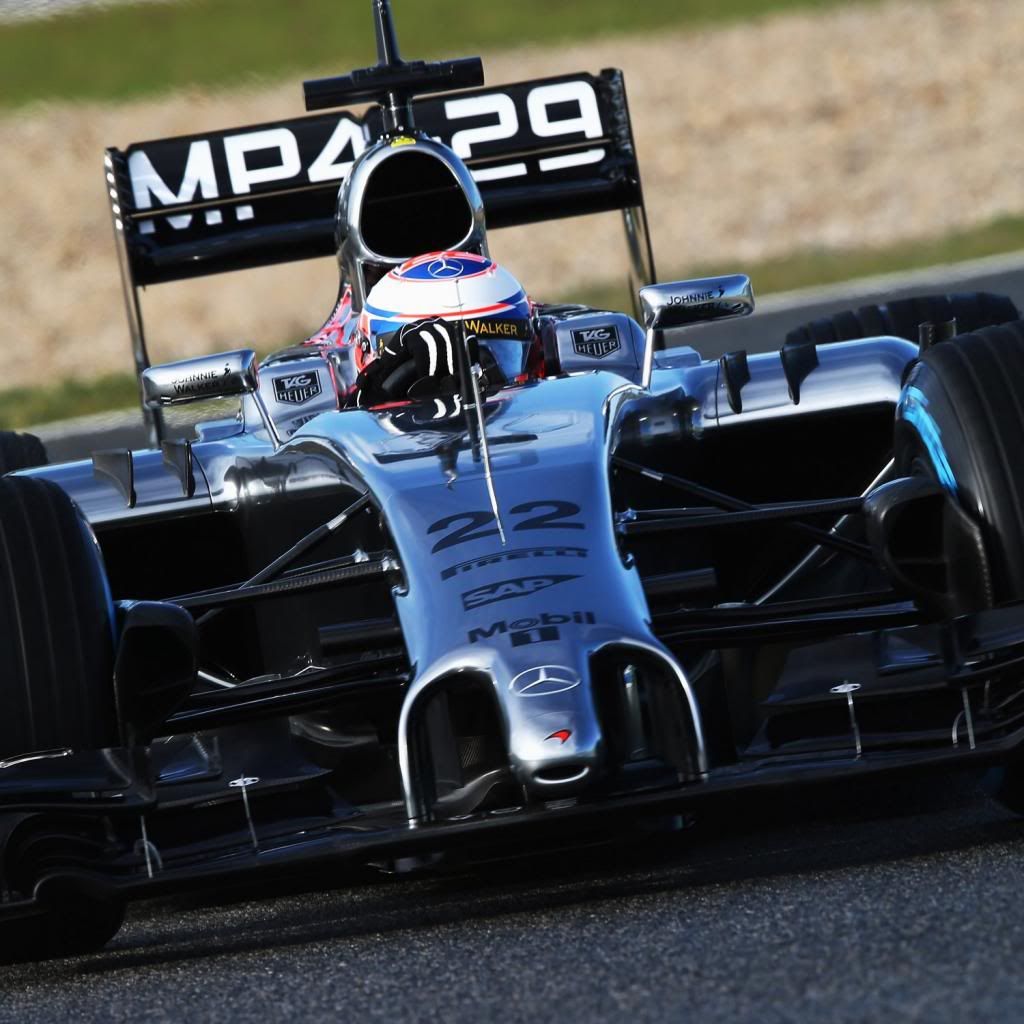There are equations that you can use. Endurance limit theory.
You know your alternating stress and you max and minumum stresses, you find your mean stress and use a soderberg diagram. I'm a little fuzzy on it, but i just have to do a refresher to sharpen up.
Here's a simple soderberg diagram:
 http://www.efunda.com/designstandards/s ... ue_eqn.cfm
http://www.efunda.com/designstandards/s ... ue_eqn.cfm
Using this along with an SN curve and notch sensitivity curve engineers can predict pretty much any case.

you can have fatigue strenght for:
rotating bending, reversed bending, reversed axial loading, torsional loading, bi axial loading ect.
There are so many factors that the teams account for; surface, load type, gradient(shape) temperature, reliability, it's difficult to think the wont account for these already established factors on their super computers.
These factors go into the overall stafety factor, to ensure that the part is not on the borderline borderline.
Tribology is one thing i don't really go into, but i believe the oil and fuel makers have their thing covered.
There is too much data at the engineers disposal for an unpredictable failure.
The least predictable thing and hardest to quantify is the human element. This is mostly how machines fail. So i am more eager to blame the engineers and mechanics, who assemble the unit than blame the driver activating inputs than can only be operated in a limited way and come with many fail safes and fool proofs.







